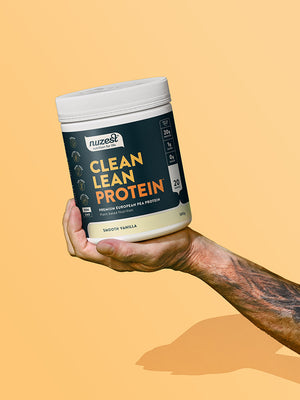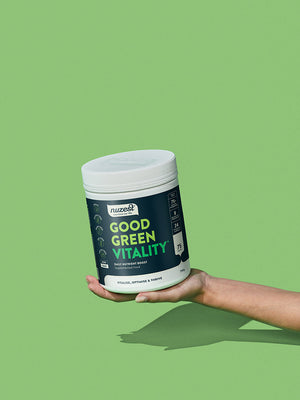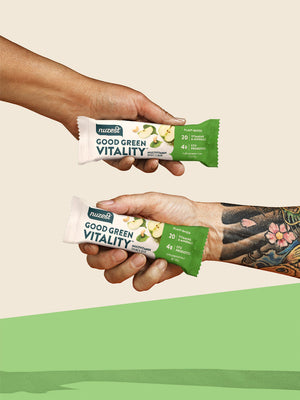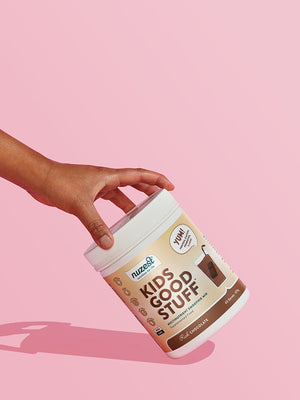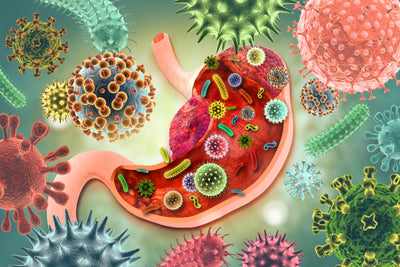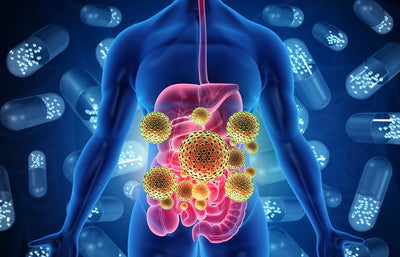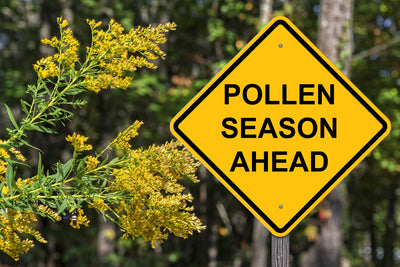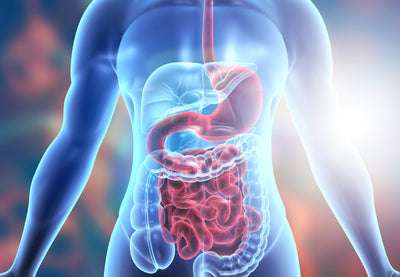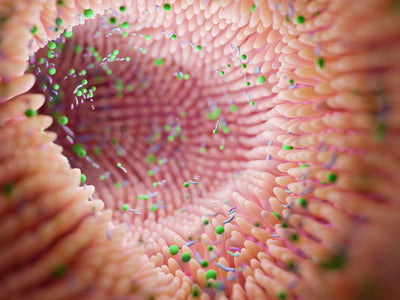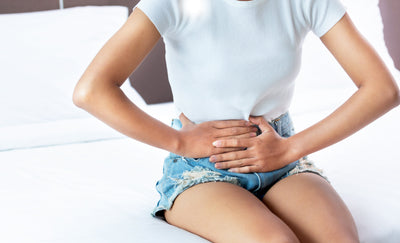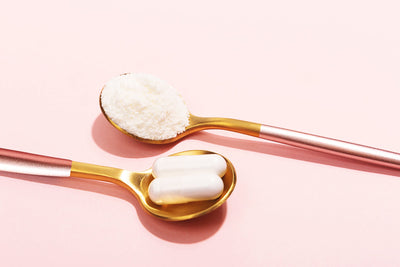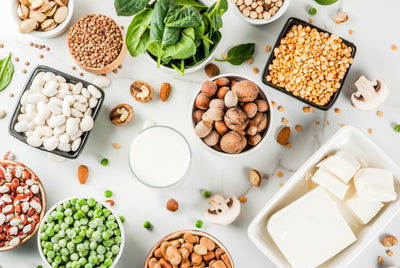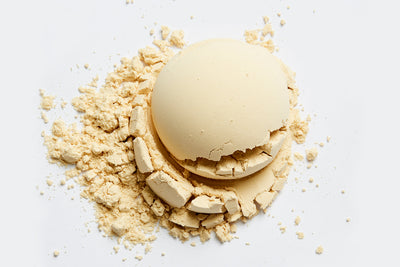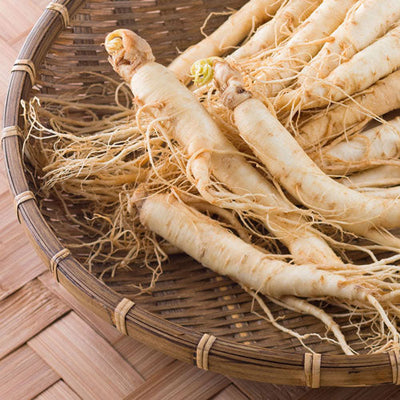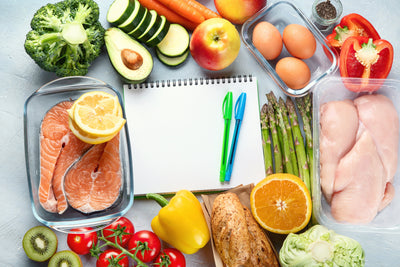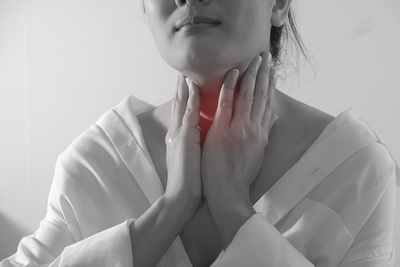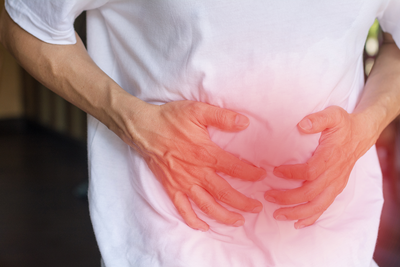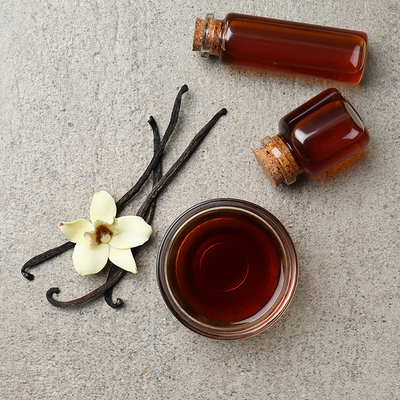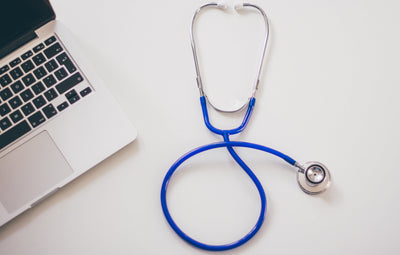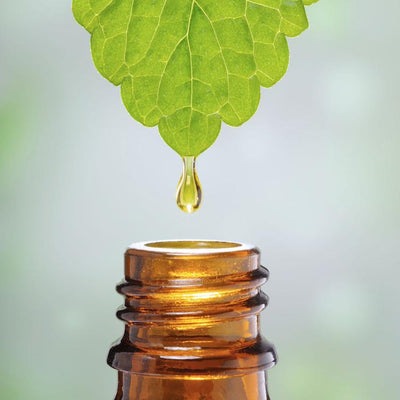
9 min read
Detox Diets Part 1: Do ‘Detox’ Diets Really Work?
Posted By
Caitlin Turner
Written by Cliff Harvey, PhD, DipFit, DipNat
Detox diets are a fixture of the alternative and complementary health scene.
They are extremely common and very popular but do detox diets really work? And if they do, do detox diets work as claimed to help the body eliminate dangerous and damaging toxins?
Let’s look at what the science says…
What Is A Detox Diet?
Detox diets and programs were once more commonly known as liver cleanses.
They are typically promoted to rapidly ‘cleanse’ the body of toxins, usually through a combination of fasting or food restriction, and use of various nutrients and herbs to support the liver and other detoxification pathways of the body.
What Are Toxins?
Toxins are poisonous substances that are produced either within the body or by another organism (synthetically created ‘toxins’ are technically called toxicants).
While they sound scary (and some are!), many toxic chemicals are actually produced as part of normal bodily processes.
In fact, it is not uncommon for tiny amounts of toxins to be ingested as part of a normal healthy diet, or as a result of environmental exposure.
So, it’s important to remember the old adage, the dose defines the poison!
Read our article ‘How Dangerous are Common Toxins?’ to learn more about common toxins and their effect on the body.
How Does The Body Detoxify?
Due to the creation of some toxic by-products in the body from metabolic processes, and the inevitability of exposure to some toxic chemicals and heavy metals in the environment, the body has developed sophisticated detoxification pathways to excrete these chemicals.
The liver, kidneys, gastrointestinal system, skin and lungs all play various roles in the excretion of toxins, with various processes such as methylation, metabolism and conjugation used to produce chemical end-products that can be more easily excreted.
Some chemicals are difficult to convert to excretable forms and can accumulate in the body, especially in fat tissue (like organophosphate pesticides and herbicides, and heavy metals).
Learn about low toxin living through optimising your diet and lifestyle...
Do Detox Diets Work?
This is an interesting question. In order to answer this, we must first understand more about the outcomes of different detox diets (the ones that have been studied at least) and whether the diets work because of, or despite of their claims.
Do Detox Diets Help The Body Eliminate ‘Toxins’?
There has been limited research conducted on the many detox diets available.
A 2014 review published in the Journal of Human Nutrition and Dietetics highlighted the lack of thorough, scientifically robust studies on various detox diets.
While one study noted a significant improvement in self-reported symptoms associated with poor health, no placebo control was used and other outcome measures (including some markers of phase 1 and 2 liver detoxification) did not significantly differ between groups.
Other studies suffered from similar methodological flaws such as lack of a control group, no randomisation, or inconsistencies in comparison groups1.
Will A Detox Help Me Lose Weight?
Many people do lose weight on detox diets. It is often claimed that this is because ‘toxins’ encourage the storage of fat, but in all likelihood, it is actually because while following a restrictive detox diet a person simply eats less.
Most detox diets involve some combination of fasting, extreme food restriction or elimination of common foods, all of which result in less energy intake.
As an example, a 2015 study demonstrated that the ‘Lemon Detox’ diet did help women to lose weight, but this effect was most likely due to calorie-restriction6.
Let’s face it, any time you drastically restrict calories you will lose weight…and this aspect of detox diets has little to do with toxins.
Read why am I not losing weight...
Can Certain Nutrients Improve Innate Detoxification?
While it’s unlikely that specific detox diets will help you to lose weight or detoxify any more than an otherwise good diet based on whole, natural, and unrefined foods, some nutrients might help the body to support its own innate detoxification processes and reduce the damage that toxins may cause.
Many nutrients help to support our innate detox pathways and either reduce the toxins that we accumulate or improve their elimination from the body.
These include spirulina2,3,4,11,12 and chlorella10,11,12, dandelion4, folate5, alpha-lipoic acid9, glycine1 (in high doses), and a combination treatment of methionine, vitamin C and thiamine8.
Read 5 top tips for lowering your toxic burden...
The Bottom Line
It is unlikely that a detox diet will help you to remove toxins from the body or lose more weight than a good nutrition plan.
Eating a wholefood diet that is rich in nutrients and low in toxins and toxicants will help to support the health and performance of the body and support your natural detoxification pathways.
Additionally, certain nutrients found in the diet, or supplements such as Nuzest Good Green Vitality could also be of benefit to the amazing, innate, natural detoxification pathways of the human body.
Read more
Detox diet part 2: How dangerous are common toxins...
Detox diet part 3: How to support your bodies natural detox ability....
The empowered eating handbook...
References
- Alcaraz-Contreras Y, Garza-Ocanas L, Carcano-Diaz K et al. Effect of Glycine on Lead Mobilization, Lead-Induced Oxidative Stress, and Hepatic Toxicity in Rats. Journal of Toxicology. 2011;2011.
- Doshi H, Ray A, Kothari IL. Biosorption of cadmium by live and dead Spirulina: IR spectroscopic, kinetics, and SEM studies. Current microbiology 2007;54(3):213-8.
- El-Desoky GE, Bashandy SA, Alhazza IM et al. Improvement of mercuric chloride-induced testis injuries and sperm quality deteriorations by Spirulina platensis in rats. PLoS One 2013;8(3):e59177.
- Gargouri M, Ghorbel-Koubaa F, Bonenfant-Magne M et al. Spirulina or dandelion-enriched diet of mothers alleviates lead-induced damages in brain and cerebellum of newborn rats. Food Chem Toxicol 2012;50(7):2303-10.
- Heck JE, Gamble MV, Chen Y et al. Consumption of folate-related nutrients and metabolism of arsenic in Bangladesh. The American journal of Clinical Nutrition 2007;85(5):1367-74.
- Kim MJ, Hwang JH, Ko HJ et al. Lemon detox diets reduced body fat, insulin resistance, and serum hs-CRP level without hematological changes in overweight Korean women. Nutrition Research 2015;35(5):409-20.
- Klein AV, Kiat H. Detox diets for toxin elimination and weight management: a critical review of the evidence. Journal of Human Nutrition and Dietetics 2015;6:675.
- Nandi D, Patra RC, Swarup D. Effect of cysteine, methionine, ascorbic acid and thiamine on arsenic-induced oxidative stress and biochemical alterations in rats. Toxicology 2005;211(1–2):26-35.
- Rogers SA. Lipoic Acid as a Potential First Agent for Protection from Mycotoxins and Treatment of Mycotoxicosis. Archives of Environmental Health: An International Journal 2003;58(8):528-32.
- Takekoshi H, Suzuki G, Chubachi H et al. Effect of Chlorella pyrenoidosa on fecal excretion and liver accumulation of polychlorinated dibenzo-p-dioxin in mice. Chemosphere 2005;59(2):297-304.
- Uchikawa T, Kumamoto Y, Maruyama L et al. The enhanced elimination of tissue methylmercury in Parachlorella beijerinckii fed mice. The Journal of Toxicological Sciences 2011;36(1):121-6.
- Uchikawa T, Yasutake A, Kumamoto Y et al. The influence of Parachlorella beyerinckii CK-5 on the absorption and excretion of methylmercury (MeHg) in mice. The Journal of Toxicological Sciences 2010;35(1):101-5.
Related news
min read
An Introduction to Gut Health & Nutrition – 5 Must See Articles
Gut health significantly affects overall wellbeing, influencing brain function, immunity, and metabolism. A balanced gut microbiota, influenced by diet and environment, can potentially enhance health, aid digestion, and reduce allergies. The roles of probiotics and prebiotics in gut health are also discussed.
min read
Probiotics vs. Prebiotics
Unleash gut health with probiotics and prebiotics! Strengthen digestion, immunity, and overall well-being. Try Nuzest's Good Green Vitality for convenient support with 8 billion CFU of probiotics. Take charge now!
min read
The Link Between Gut Health & Allergies - Plus 5 Top Tips to Help
Discover the link between gut health and allergies, and how the gut microbiome influences the body's immune response to allergens. Learn how adopting a balanced diet with prebiotics and probiotics can support gut health, reducing the risk of allergic reactions. Explore solutions for allergy relief and fostering a healthier gut with Nuzest’s multi-nutrient formula, Good Green Vitality.
min read
The Great Diet Debate: Unravelling the Tapestry of Popular Eating Plans
Exploring popular diets such as the Mediterranean, Ketogenic, Plant-Based, Paleo, and Intermittent Fasting, this overview highlights their principles, benefits, and considerations. It emphasizes the importance of finding a dietary pattern that aligns with individual health goals and preferences, while suggesting the potential benefits of incorporating a multi-nutrient supplement for overall health.
min read
The Gut Connection: How to Improve Your Digestion and Gut Health in 6 Steps
Discover the significance of gut health and its impact on digestion and overall well-being in this insightful article. Learn six practical steps, including maintaining a balanced diet, staying hydrated, managing stress, and using antibiotics wisely, to promote a healthy gut and enhance vitality.
min read
Does Gut Health Affect Your Immune System? | Do These 6 Things
The gut microbiome, which consists of trillions of bacteria in our digestive tract, plays a crucial role in supporting our immune system and overall health. Consuming probiotics and prebiotics, staying hydrated, managing stress, limiting processed foods, and engaging in outdoor activity and exercise are effective strategies to promote a healthy gut and enhance immunity.
min read
What is Collagen? Types, Sources and Benefits of Supplementation
Collagen is essential for joints, bones, muscles, ligaments, tendons, cartilage, skin, hair and nails.2 It is one of the primary structural proteins of connective tissue and plays a crucial role in the body by cushioning, strengthening, hydrating, binding, and connecting tissues together.3 Connective tissues are able to provide physical and mechanical support through the collagen, elastic and reticular fibres
min read
Kids Good Stuff for Skin Health
How can you ensure your kids have healthy skin? A part from the obvious, what nutrients can we provide our kids to ensure their skin stays in tip top shape?
min read
Maximising Mood In Your Kids
Almost 1 in 7 children and adults aged 4-17 had been diagnosed with a mental health disorder. Amy Butler discusses good nutrition and lifestyle modifications, that can help to reduce the risk.
min read
Long-Lasting Energy For Kids
Children and adolescents are going through massive periods of growth and development. To keep up with the demands of school, extracurricular activities, sports and friendships, kids often need a bit of an energy boost. In our latest blog we break down some specific nutrients for energy, to help support growing kids, and the best places to source them from.
min read
Setting Health Goals & Staying Motivated in 2021
Use this tried and tested goal strategy to set smaller, specific goals to avoid the overwhelm of unrealistic and vague health objectives.







